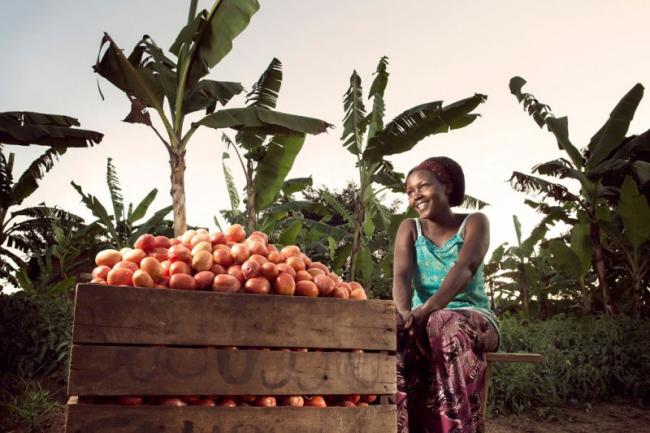
Development indicators trending downward for world's poorest countries, UN warns
New York, Feb 6 (JEN): The least developed countries (LDCs) – nations categorized as requiring special attention from the international community – will fall short of goals set out in the 2030 Agenda for Sustainable Development unless urgent action is taken, new United Nations analysis has revealed.
The analysis by the UN Conference on Trade and Development (UNCTAD) also highlights that LDC growth averaged five per cent in 2017 and will reach 5.4 per cent in 2018, below the seven per cent growth envisaged by Target One of Sustainable Development Goal 8 on promoting sustained, inclusive and sustainable economic growth.
In 2017, only five LDCs achieved economic growth of seven per cent or higher: Ethiopia at 8.5 per cent, Nepal at 7.5 per cent, Myanmar at 7.2 per cent, Bangladesh at 7.1 per cent, and Djibouti at seven per cent.
“The international community should strengthen its support to LDCs in line with the commitment to leave no one behind,” Paul Akiwumi, Director of UNCTAD's Division for Africa, Least Developed Countries and Special Programmes, Mr. Akiwumi said.
“With the global economic recovery remaining tepid, development partners face constraints in extending support to LDCs to help them meet the Sustainable Development Goals. Inequalities between the LDCs and other developing countries risk widening,” he said.
Relying on commodities
The analysis contends that too many LDCs remain dependent on primary commodity exports.
While international prices for most primary commodity categories have trended upwards since late 2016, this modest recovery barely made a dent to the significant drop experienced since 2011, particularly in the cases of crude petroleum and minerals, ores and metals.
In 2017, LDCs as a group were projected to register a current account deficit of $50 billion, the second-highest deficit posted so far, at least in nominal terms.
In contrast, non-LDC developing countries registered current account surpluses, so did developing countries as a whole and developed countries.
Projections for 2018 suggest that the current account deficits of the LDCs are expected to grow further, making worse possible balance-of-payments weaknesses.
Aid levels
Special foreign aid commitments for LDCs amounted to $43.2 billion, representing only an estimated 27 per cent of net aid to all developing countries – a 0.5 per cent increase in aid in real terms year-on-year.
This trend supports fears of a levelling-off of aid to LDCs in the wake of the global recession. In 2016, only a handful of donor countries appear to have met the commitments under Target Two of Sustainable Development Goal 17.
Denmark, Luxembourg, Norway, Sweden, and the United Kingdom provided more than 0.20 per cent of their own gross national income to LDCs, while the Netherlands met the 0.15 per cent threshold.
“This analysis signals a clarion call for action,” said Akiwumi. “The international community needs to pay increased attention to their commitments toward LDCs.”
The analysis was presented to UNCTAD member States at a meeting of its governing body in Geneva, Switzerland, on 5 February.
Photo:Stephan Gladieu/World Bank
Support Our Journalism
We cannot do without you.. your contribution supports unbiased journalism
IBNS is not driven by any ism- not wokeism, not racism, not skewed secularism, not hyper right-wing or left liberal ideals, nor by any hardline religious beliefs or hyper nationalism. We want to serve you good old objective news, as they are. We do not judge or preach. We let people decide for themselves. We only try to present factual and well-sourced news.







